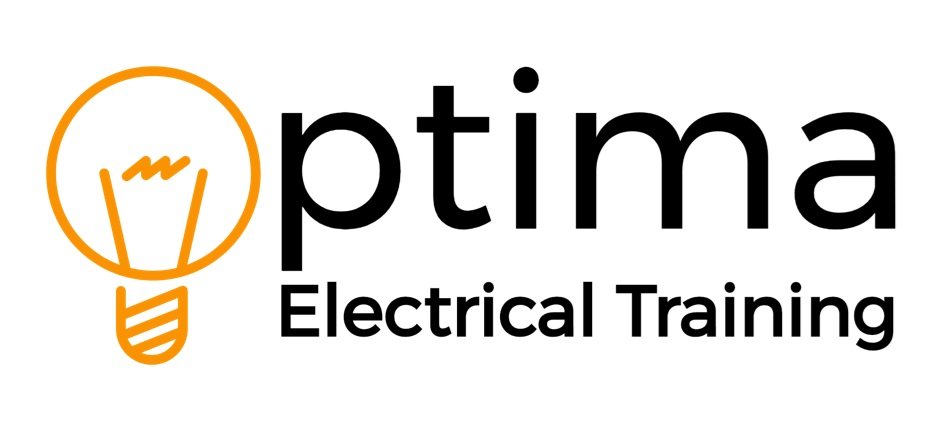UK Government Proposes Mandatory Heat Pumps in All New Homes by 2025
The UK government has unveiled ambitious proposals that require all housing constructed from 2025 to include heat pumps. These new measures are part of the government's Future Homes Standard initiative, designed to ensure that new homes are "net-zero ready" by significantly reducing operational carbon emissions and promoting the electrification of buildings. While the government touts this as a major step towards sustainability, critics have raised concerns about the proposed standard's effectiveness and its lack of focus on energy efficiency.
Key Points:
1. Net-Zero Ready Housing: The Department for Levelling Up, Housing and Communities (DLUHC) has opened a consultation on the technical requirements for the Future Homes Standard. The central goal is to make all new homes "net-zero ready," which means they will contribute to lowering operational carbon emissions. This is to be achieved through the implementation of low-carbon heating and increased electrification in buildings.
2. Heat Pumps Over Fossil Fuels: To meet the standard, heating and hot water in new homes will need to be provided by either efficient air source heat pumps or a fourth-generation heat network employing heat pumps. The government explicitly states that traditional fossil fuel heating methods, including gas, hybrid heat pumps, and hydrogen-ready boilers, are not expected to meet the proposed standards.
3. Mixed Reactions: The Future Homes Standard has received mixed reactions from experts and industry stakeholders. While some welcome the move towards sustainability, others criticize the government's choice of heat pumps, which they consider already commonplace. Critics argue that the proposed standard falls below the energy efficiency standards of many existing homes.
4. Solar Panel Dilemma: The consultation also addresses the use of solar panels in new housing, presenting two options for the standard: one with photovoltaic (PV) panels and one without. While acknowledging the improved efficiency of solar PV panels, the government emphasizes that their impact on individual carbon savings is relatively small compared to the transition to low-carbon heating.
5. Implementation Through Regulations: The proposed requirements of the Future Homes Standard would be incorporated into Part 6, Part L, and Part F of the Building Regulations. The consultation period is open until March 6, 2024. Notably, the consultation does not address embodied carbon emissions, which will be the subject of a separate future consultation.
6. Industry Perspectives: Industry experts have weighed in on the proposed standard. While some, like Richard Vernon from law firm Ashurst, see it as a positive step toward achieving net-zero emissions, others, like Ian Rippin of certification body MCS, express disappointment over the lack of a clear stance on mandating solar panels in new homes.
The UK government's push for heat pumps in all new homes by 2025 under the Future Homes Standard is a bold step towards reducing carbon emissions. However, concerns have been raised regarding the standard's effectiveness, especially in the context of existing energy-efficient housing. As the consultation period continues, stakeholders will closely watch for further developments and potential revisions to these proposals.
If you're considering a career change or looking to enhance your existing skills, now is the perfect time to take the initiative and enrol with Optima Electrical Training. With the availability of interest-free payment plans, it's easier than ever to get started.
Contact us today to embark on your training journey.
Contact us: Request Information
Email: info@optima-ect.com
Freephone +44 800 0371572


